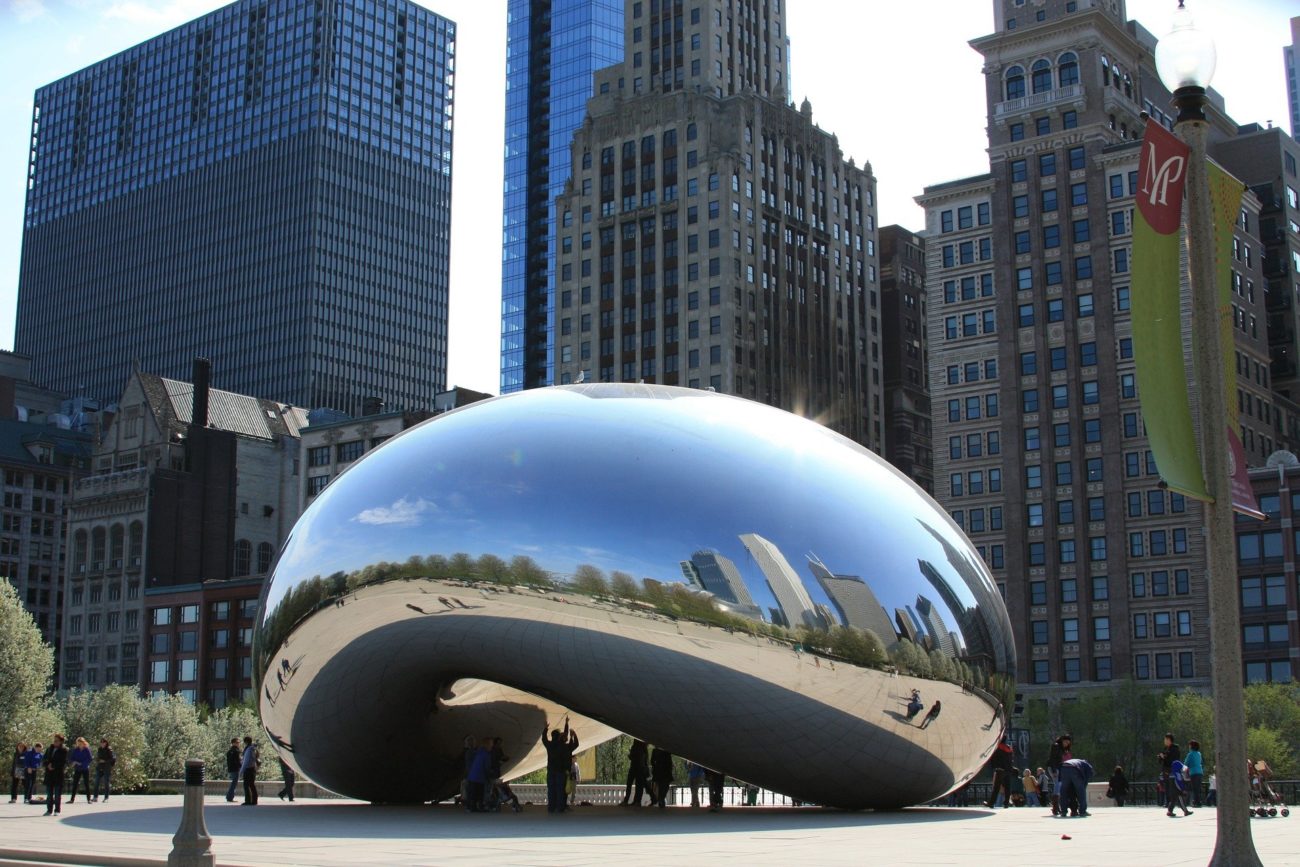
Data from the fiscal year 2024 edition of the Wagering in Illinois report from the legislature’s Commission on Government Forecasting and Accountability showed that the state’s gaming industry generated a record $2.08 billion (£1.62 billion/€1.97 billion) in tax revenue in FY24, the most ever for the Prairie State.
According to the report, state tax revenue grew 4.8% year-over-year from $1.99 billion in FY23. Illinois has one of the strongest gaming industries in the US, with casino gaming, video gaming (slot routes), sports betting, horse racing and lottery.
The report covers not just the last fiscal year, but references financial reports dating back to legalisation dates for each genre of gambling.
The commission noted that FY24’s growth was “largely driven by the steady expansion of video gaming, elevated lottery sales and rapid growth in sports wagering”. The first two sectors generated the majority of tax revenues – $886 million from the lottery and $848 million from slot routes. Sports betting contributed $190 million in taxes and licensing fees, with horse racing contributing $6 million.
Casinos, meanwhile, generated $158 million, nearly identical to FY23’s total of $157 million. Two new casinos opened during the year, but authors wrote that that has not made “a pronounced impact” on tax revenues. This, they said, was “due to a number of factors including a reduced tax structure, credits issued and higher administrative costs.”
Slot routes challenging for top spot
From an industry perspective, the rise of slot routes is perhaps the most notable trend. The market was legalised in 2009 but operations didn’t begin until September 2012. At that time, there were 61 video gaming terminals (VGTs) online across the state; as of June, there were 48,176.
For FY14, state and local tax revenue from slot routes was $145.6 million. FY24’s total was $997 million. Starting in FY25, the tax on net terminal income (NTI) will rise from 34% to 35%. This, coupled with the steady increase in terminals, is expected to boost tax revenue even more in years ahead.
This development is a key concern to the state’s casino industry, which has not seen nearly as much growth since slot routes were legalised. Authors noted this shift, which was most noticeably felt during the Covid pandemic. According to the report, adjusted gross receipts (AGR) for state casinos declined 4.8% in FY21, whereas NTI from slot routes jumped 30.8%.
“It appears that Illinois gamblers chose the convenience and smaller crowds of the video gaming parlors over the larger and more public casinos,” the report reads. “Video gaming locations have been perceived as a “safer” option to gamble, which has aided in elevating these video gaming figures.”
More Illinois casinos = more growth?
Illinois legalised riverboat gambling more than 30 years ago, with the first launching in September 1991. Since then, the sector has seen ups and downs – at the peak, there was a five-year stretch from FY2003 to FY2007 where casinos were the chief gaming tax revenue generators, but that has not happened since.
In 2019, new legislation allowed for six new casino and three ‘racino’ licences. The most notable was the Chicago casino, which is currently being built by Bally’s. That multibillion-dollar project is expected to open in September 2026, although a temporary casino has been open since September 2023. In addition, the legislation also allowed for existing casinos to increase their machine count from 1,200 to 2,000.
Total AGR for Illinois casinos was $1.61 billion in FY24, the highest since FY12 and a 13.2% increase year-over-year. But authors were cautious in presenting this number, mainly because the increased competition and cannibalisation from the new licences was listed as the primary reason for AGR declines.
“Most casinos, however, recorded flat or slightly decreased AGR totals relative to FY2023,” the report said. “This includes the highest generator of adjusted gross receipts in Illinois, Des Plaines’ Rivers Casino, which saw its AGR total slide from $557.6 million in FY2023 to $526.7 million in FY2024.”
Of the 15 casinos currently operating in the state, 10 qualified for 10-year AGR comparisons. Nine of those have seen AGR decreases of at least 18% during that span, with Rivers being the only exception.
Sports betting tax changes loom large
FY24 was the fifth fiscal year for Illinois sports betting, although FY20 was severely impacted by pandemic disruptions. Since then, the sector has seen substantial growth each year, with a total of 13 licences issued.
Sports betting AGR was $1.1 billion in FY24, the first time the state has eclipsed the $1 billion mark. State tax revenue was $166 million, meaning that both AGR and taxes increased 16%. Licensing fees also accounted for an additional $30.1 million, some of which won’t be counted until FY25.
Authors predicted “moderate” growth for the sector moving forward. This was attributed to the continued rise of online sports betting as well as “continued investment in advertising”. Three stand-alone master licences not tethered to a land-based casino are also still available, with licensing fees of $20 million.
But the elephant in the room is the state’s new tiered tax structure, implemented in July. FY24’s record number came under the old flat rate of 15% of AGR. The new system will see retail and online betting taxed on a sliding scale from 20%-40%, based on AGR levels. DraftKings, inspired in part by the Illinois increase, briefly proposed a surcharge on winning bets in response to the increased tax burden in August. Yet authors asserted that this will not deter sports betting growth.
“There is a concern that the additional tax burden will result in a reduced advertising budget for sportsbook operators, which would contribute to less overall sports wagering adjusted gross revenue,” the report read. “Despite this possibility, sports wagering revenues have grown rapidly each year since its inception within the state. Given this trend and the recently added sportsbooks, it is believed that sports wagering will continue to grow overall despite a higher tax structure.”